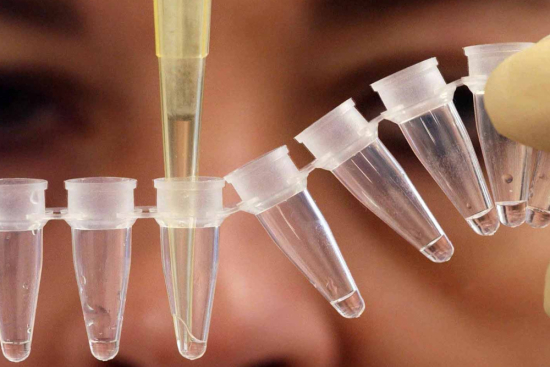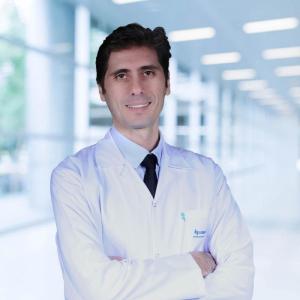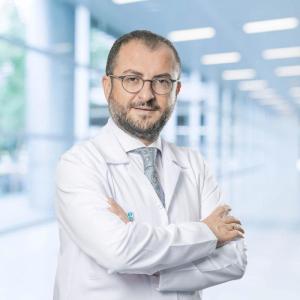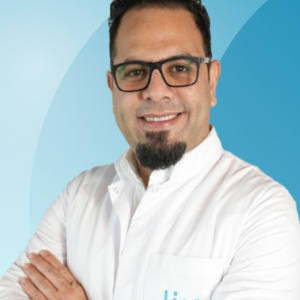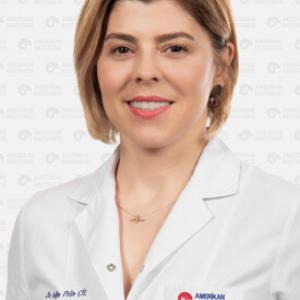For many couples, the desire to become parents is deeply rooted, yet the journey to parenthood can sometimes be marked by unexpected challenges. When natural conception becomes difficult, advances in reproductive medicine now offer real and tangible solutions.
In Turkey, couples can turn to In Vitro Fertilization (IVF),a well-established assisted reproductive technique in which fertilization occurs in a controlled laboratory environment, outside the woman's uterus. This approach has transformed fertility care, offering renewed hope and a genuine opportunity for parenthood to those facing infertility.
Risks and Side Effects
- Hot flushes
- Bleeding
- Abdominal pain
How much does IVF cost in Turkey?
Choosing the right clinic is about value, not just price. Through Turquie Santé, you gain access to a curated network of leading fertility centers in Turkey, known for combining high success rates with remarkable cost-effectiveness.
While a basic IVF cost in Turkey can start from $2,900, a transparent, all-inclusive package is tailored to your needs and typically covers:
- All medical consultations and cycle monitoring.
- Laboratory fees, IVF/ICSI procedure, and embryology.
- Anesthesia and egg retrieval procedure.
- Embryo transfer.
- Basic medications (or a clear medication estimate).
Request your free, no-obligation teleconsultation to receive a personalized cost breakdown and a preliminary treatment plan from a leading Turkish IVF specialist.
